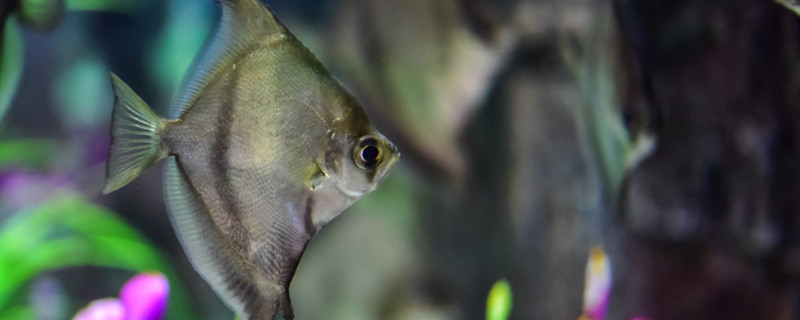
1. Sheet feed: Sheet feed is a common fish feed. It is generally divided into three types. Some will float on the surface of the water, some will suspend in the water, and some will sink to the bottom of the water. For tropical fish in different water layers, the choice of feed is also different. The upper layer of fish use floating in the surface of the sheet feed, the middle layer of fish to use suspended in the water feed, the lower layer of fish to use the bottom of the sheet.
2. Pellet feed: Pellet feed is larger than flake feed, and it is also rich in nutrition, and it is easier to feed. It should be noted that some pellet feed quality is not good, a little oil itself, put into the water will pollute the water quality, so do not choose.
3. Frozen feed: Frozen feed is basically meat such as fish and shrimp, which can only be fed after thawing. Compared with the above two artificial diets, although the nutritional aspects may not be so comprehensive, fish tend to like them very much.
1. Daphnia: This fish is bright red in color, not too big or too small, and generally swims in groups in the water. It is rich in protein, fat and calcium, and is very suitable for feeding fish. It should be noted that its life is relatively short, fishing back only 1-2 days to live, so we should grasp the feeding, feeding before disinfection.
2. Cyclops: Compared with the fish and insects above, this one is small in size, low in nutritional value, and fast in speed. The slower fish can't catch up with it. In addition, it is easy to die and is not a particularly recommended bait.
3. Red nematode: The body of this kind of fish and insect is relatively slender, the color is dark red, generally living in poor water quality, usually half of the body in the mud, the other half in the water. It is rich in nutrition and is very suitable for adult fish to eat, but it also needs to be disinfected before feeding, so as to avoid enteritis and other diseases.